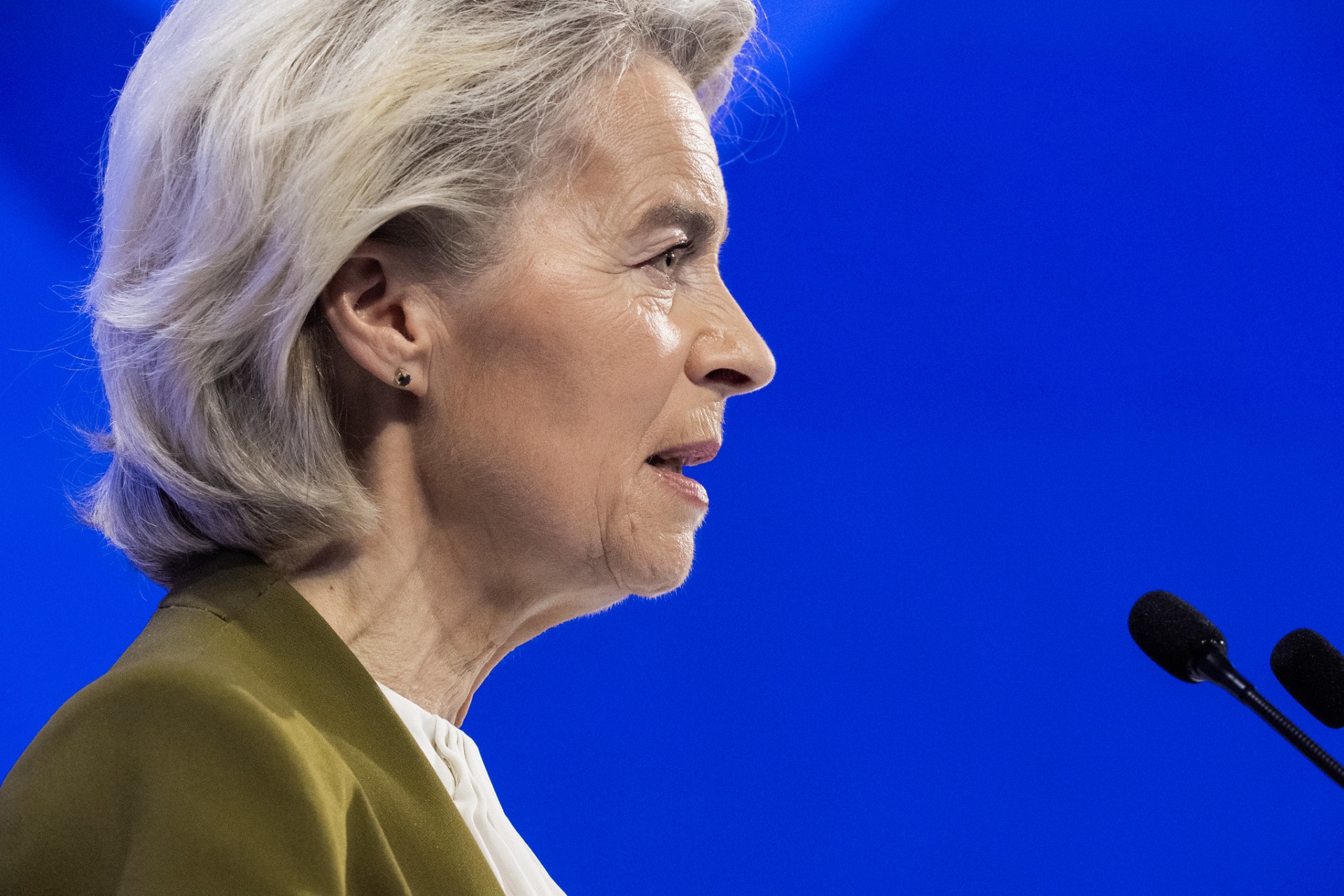In the face of political opposition in the US and market uncertainties, a recent Bloomberg Intelligence survey suggests that the global investment community remains steadfast in its commitment to environmental, social, and governance (ESG) principles.
The survey, conducted among 500 executives and investors “distributed evenly across the US, Europe and the Asia-Pacific region,” highlights the resilience and growing significance of ESG metrics in shaping corporate strategies and investment decisions.
Despite the push against the ESG tide by Republican lawmakers in the United States, the survey reveals that 89% of global investors consider ESG metrics as mainstream while 57% believe that the “ESG” label should not be replaced.
Bloomberg’s research also shows that ESG is increasingly seen as a tool to “improve profit, competitiveness, and brand value,” with 85% of surveyed investors saying ESG leads to “better returns, resilient portfolios, and enhanced fundamental analysis.”
This aligns with the broader perception that ESG is not just a trend but a fundamental element for businesses aiming for long-term sustainability.
Related Articles: ESG Investing Pays Off, Report Shows | EU Companies Spending More on ESG Than They Used to, Report Finds | How Much Are We Investing in Climate Tech?
As to the role played by ESG regulations and legislation in steering corporate strategies and capital flows, 84% of executives believe ESG helps in “shaping a more robust corporate strategy,” according to the survey.
“Global regulation anchors ESG in financial markets and corporate strategy,” the Bloomberg Intelligence director of ESG strategy and research Adeline Diab said. “[Y]et challenges include data consistency and fund labeling for investors, and transition costs and supply-chain risk for companies.”
According to the survey, 86% of investors view ESG as part of their fiduciary duty; 90% expect ESG investments to deliver better returns over a 12-month period and 88% of senior investors expressed their intention to expand assets under management toward climate-friendly strategies over the next two years.
Despite all the backlash, Bloomberg’s survey suggests that long-term commitments to ESG remain intact, showcasing global investor confidence that transcends current market challenges and political headwinds.
Editor’s Note: The opinions expressed here by the authors are their own, not those of Impakter.com — Featured Photo Credit: Pexels.














